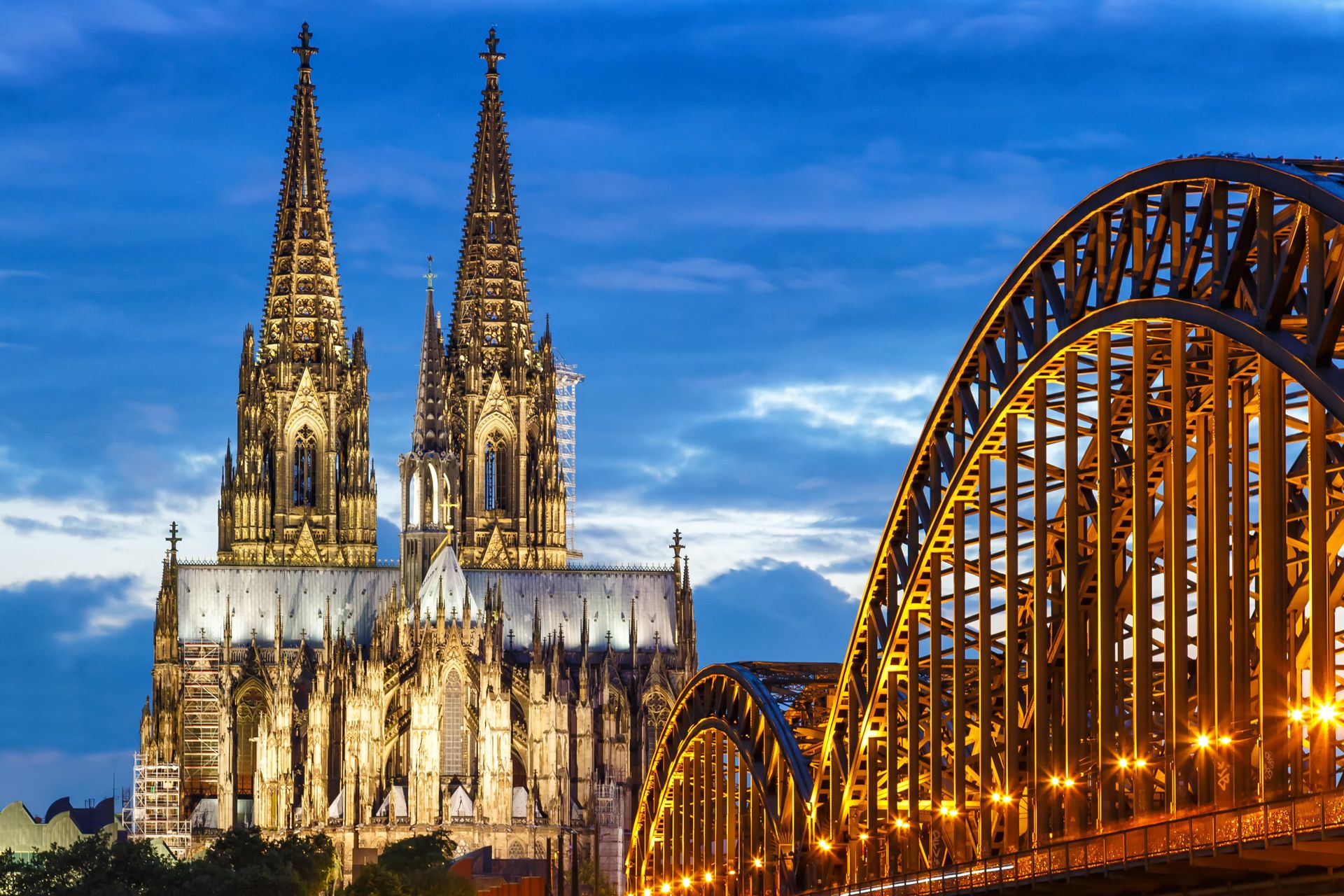UNESCO World Heritage Sites are monuments of human creativity carved in stone. Alongside the great landmarks of our history, however, there are also living traditions that provide people with support and a sense of belonging, such as dance, theatre, music and handicraft. Intangible cultural heritage is the knowledge and skills that we learn, change and pass on from generation to generation, says Dr Roman Luckscheiter, Secretary-General of the German UNESCO Commission.
DM: Dr Luckscheiter, what criteria must be met for something to become an “intangible cultural heritage”?
Dr Roman Luckscheiter: The international UNESCO lists of intangible cultural heritage currently bring together around 700 cultural forms. These include, for example, sauna culture in Finland and reggae from Jamaica, but also seven entries from Germany. In addition to the cooperative idea, these are falconry, organ building and organ music, blueprinting and the building trade. Modern dance and rafting, which were proposed by the Federal Republic together with Latvia, Austria, Poland, Spain and the Czech Republic, were included only last year. In order to receive the UNESCO designation, however, a cultural form must first be listed in a national cultural heritage register. In Germany, this is the Federal Register of Intangible Cultural Heritage with its current 144 entries.
The basic prerequisite for this is that the preservation and further development of the cultural form is ensured, i.e. that it is socially anchored and filled with life. In addition, it must be open to all people and must not serve commercial purposes alone.
DM: What obligation does the award mean for those involved? And are there financial benefits associated with it?
Dr Roman Luckscheiter: The award has enormous charisma and creates attention, which is immensely important. Because living culture means creating community. We sometimes forget that, but those who pass on their knowledge and skills are making a contribution to social cohesion every day. Even if an entry in the lists is not connected with direct financial support, it helps the organisations and people behind them to promote their causes and raise funds for active cultural promotion.
In return, the honourees commit themselves to maintaining and, above all, further developing their form of cultural expression. For it is not a matter of preserving a status quo. The UNESCO Convention, which was concluded 20 years ago, aims to promote a living culture that is always dynamic, shaped by change, the times and the people who live it.
DM: There are 144 “Intangible Cultural Heritage” awards in Germany alone. Isn’t that rather inflationary?
Dr Roman Luckscheiter: No, on the contrary. You have to think of the Federal Register as a mosaic that grows piece by piece and only then unfolds its full splendour. We don’t want to summarise the ten greatest cultural highlights of our country with this list. Rather, it is a stock-taking exercise to show how diverse, colourful and creative cultural life is in our 16 federal states. This includes the Passion Plays in Oberammergau as well as hip-hop in Heidelberg and orchard cultivation as well as poetry slams.
DM: Are there regions or continents that are underrepresented?
Dr Roman Luckscheiter: To date, 181 states have ratified the UNESCO Convention on Intangible Cultural Heritage. The Convention thus enjoys almost universal validity. Among other things, fixed quotas are intended to ensure regional balance. Every State Party is entitled to have a unilateral nomination examined and evaluated by the competent UNESCO bodies every two years. Multinational proposals, such as rafting, are exempt from this restriction because they make a major contribution to cross-border cooperation.
The UNESCO lists contain a particularly large number of such entries from Europe, which, along with Asia, records the most listings. Latin America, the Arab states and Africa have fewer overall but proportionately similar numbers of cultural practices on the lists. This imbalance is often due to a lack of capacity. We must not forget that it takes a lot of time and money to manage the complex application process. That is why UNESCO has funds available to provide targeted support to individual states and communities in preparing their nominations.
In order to reflect the entire diversity of our world, we hope for more regionally balanced lists in the future and also for new contributions that reflect the cultural life of minorities and migrant communities.
Interview Marie Wildermann

